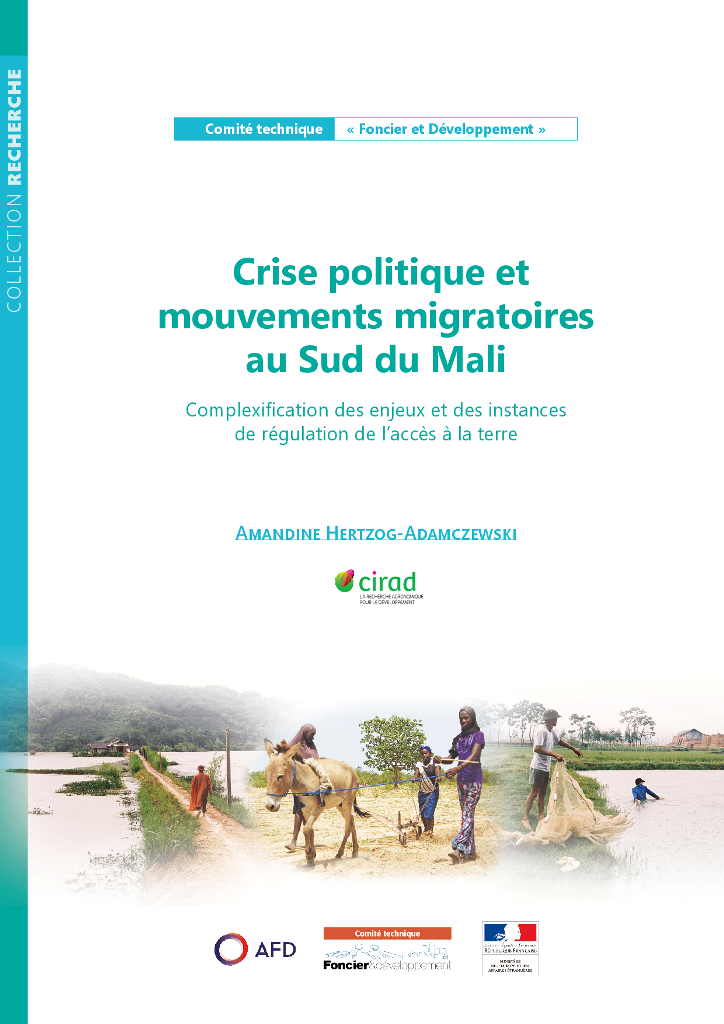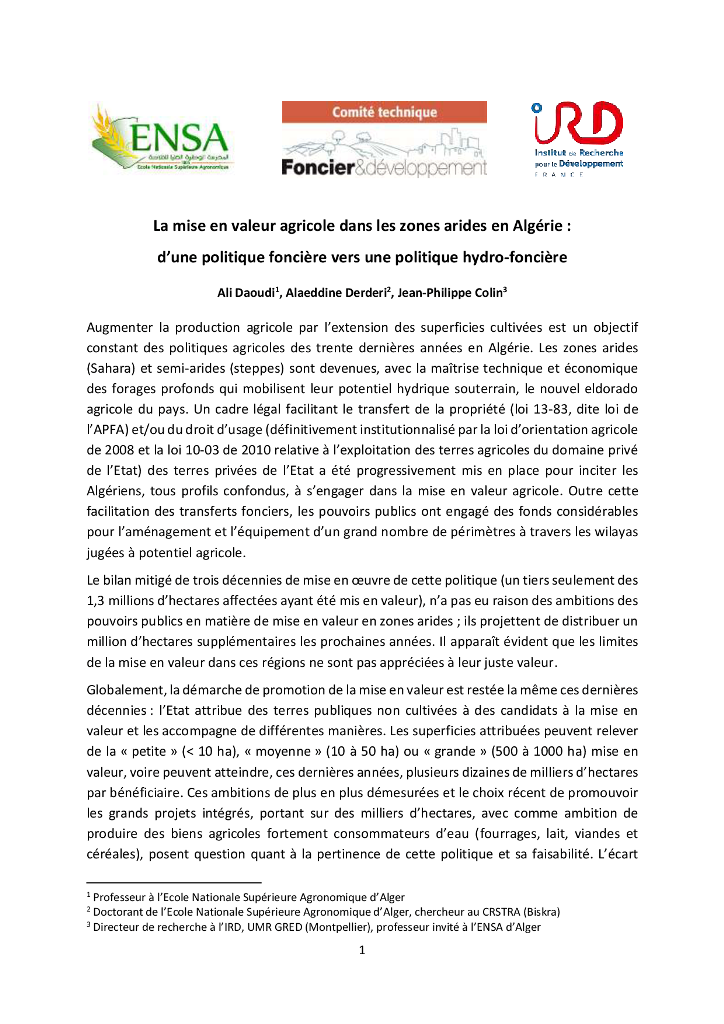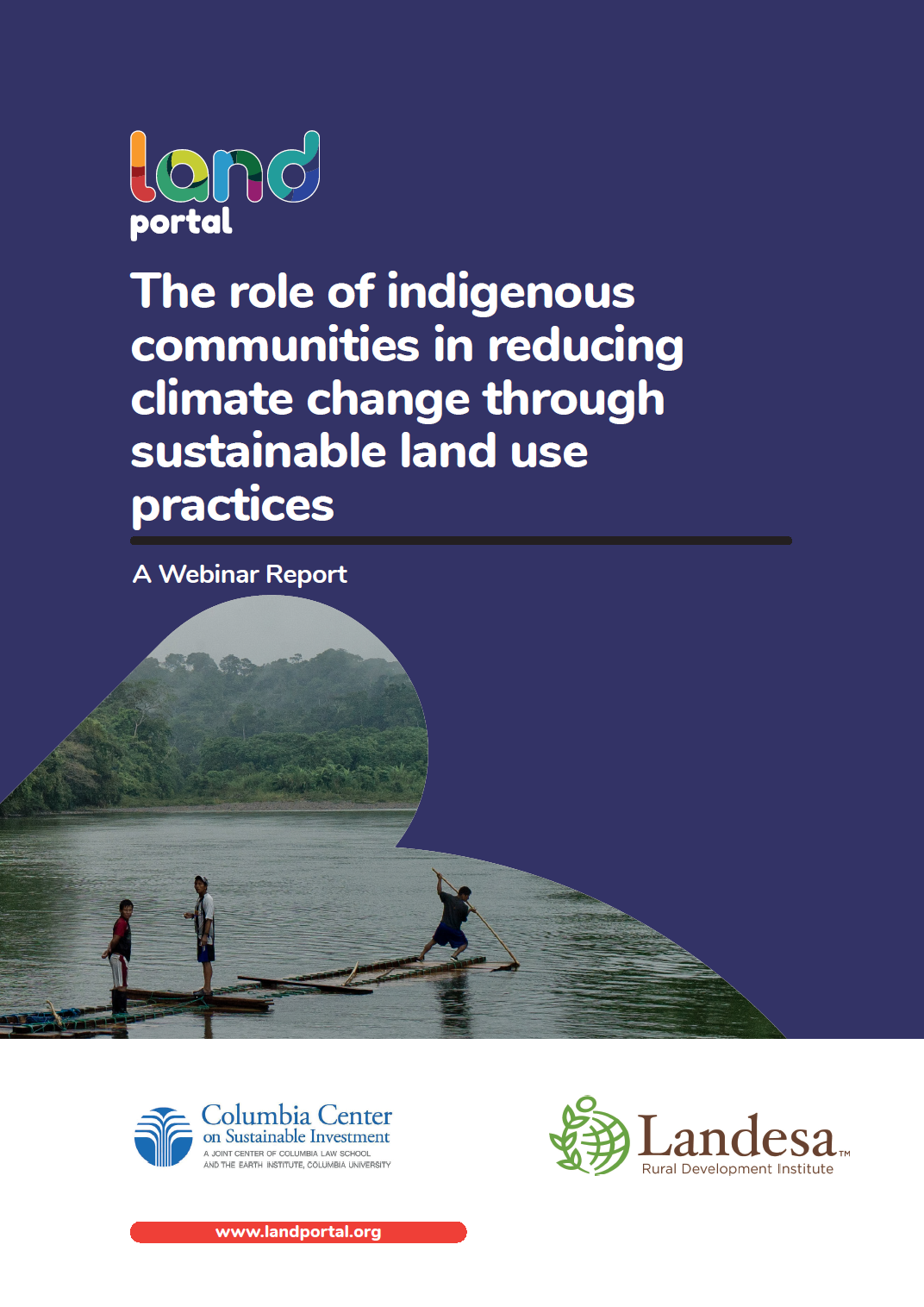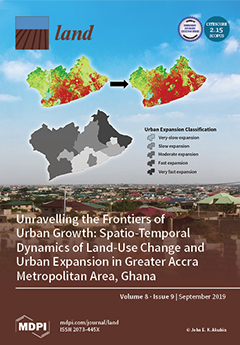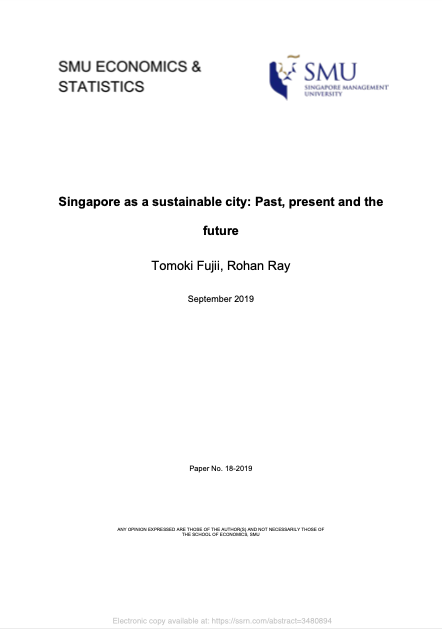Strategy to address legal constraints of women and vulnerable groups to secure their land rights
This strategy assesses the gaps in the provision;understanding and implementation of laws/articles and their impact on women and vulnerable groups (VGs) with respect to land use rights and provides a strategy to overcome these legal constraints that affect women and VGs land rights security..This resource was published in the frame of the Land Investment for Transformation (LIFT) Programme.


